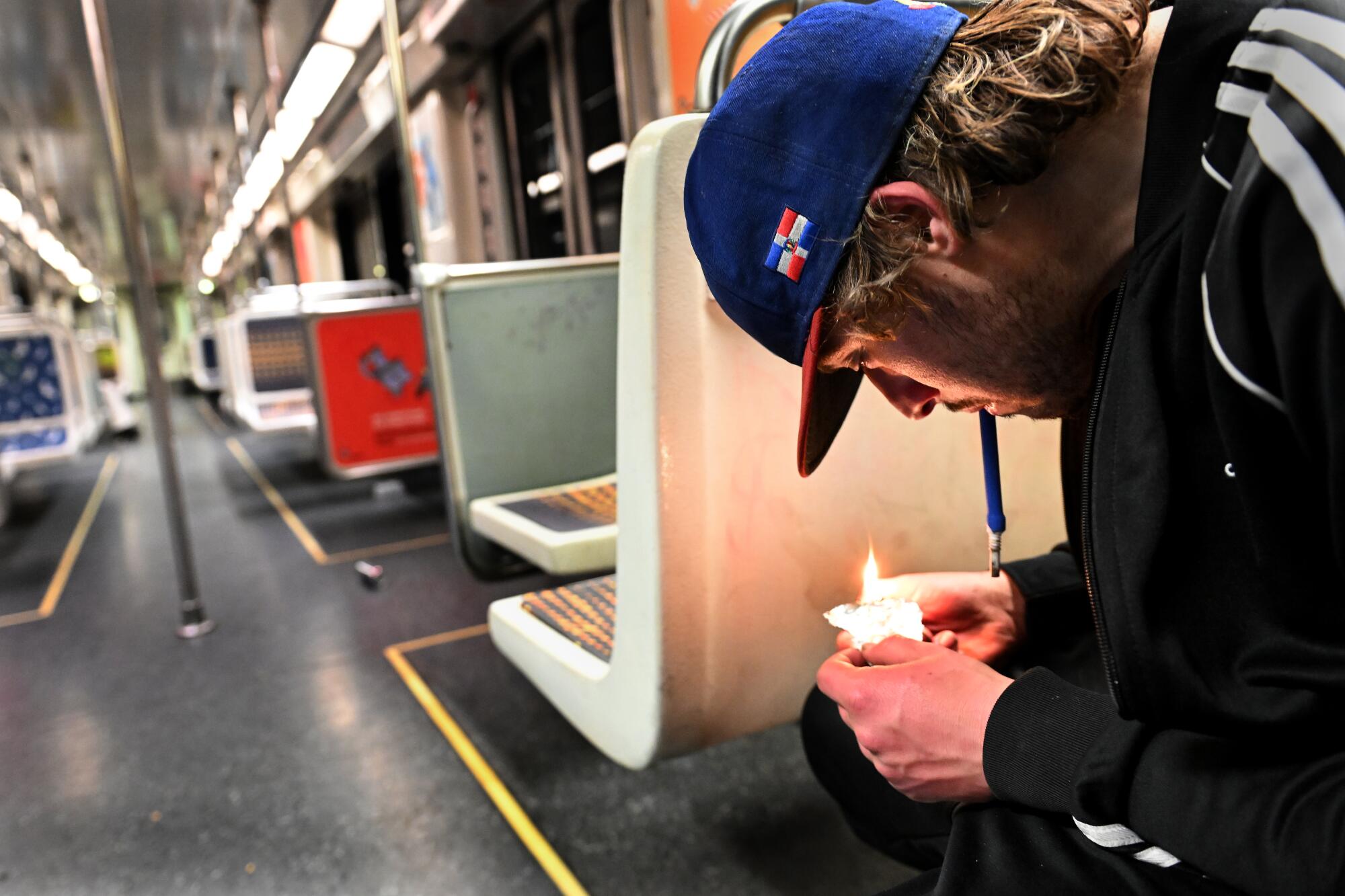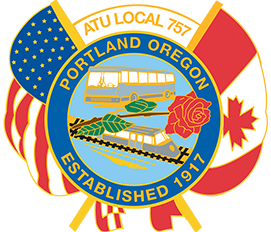
|
| Image Credit: Wally Skalij / Los Angeles Times |
|
The Oregon Transit Association {OTA) and the Amalgamated Transit Union 757 {ATU) are introducing Senate Bill 1553-1, which adds the use of illicit drugs on public transit to the offenses punishable under the crime of Interfering with Public Transportation (IPT).
As with most Interfering with Public Transportation offenses, a person using illicit drugs on a public transit vehicle or at a transit station could be charged with a Class A Misdemeanor. Senate Bill 1553-1 classifies this form of IPT as drug-designated misdemeanor, allowing individuals convicted of the crime to access state-funded treatment in many instances. The bill is sponsored by State Sen. Kate Lieber (D), Dist. 14.
Stopping illicit drug use on public transit
The fentanyl addiction crisis in Oregon has led to unprecedented public emergency declarations, and the widespread open use of illicit drugs in public spaces has extended onto the state's public transportation systems. Illicit drug use is particularly problematic on transit, which brings people together for a shared ride in the confined spaces of buses and trains.
"Transit is a vital public resource and a unique type of public space," said Derek Hofbauer, Board President for the Oregon Transit Association. "Unlike sidewalks and other open public spaces, transit riders must wait at designated transit stops and stations, making it difficult to avoid exposure to illicit drug use."
Public transit must feel safe and accessible for everyone, and particularly for the families, essential workers, high school students, individuals with disabilities, and other Oregonians who depend on transit as a lifeline to jobs, education, and health care. Expanding the Interfering with Public Transportation statute to cover the use of illicit drugs on transit will give law enforcement the tools necessary to keep public transit, its riders and its employees safe.
"Public transit must be a drug-free zone," said Shirley Block President of Amalgamated Transit Union 757. "Our union operators and transit field staff have the right to do their jobs without worrying about the unpredictable behavior of people using illicit drugs or fearing potential long-term exposure to drug fumes."
Download:
|


